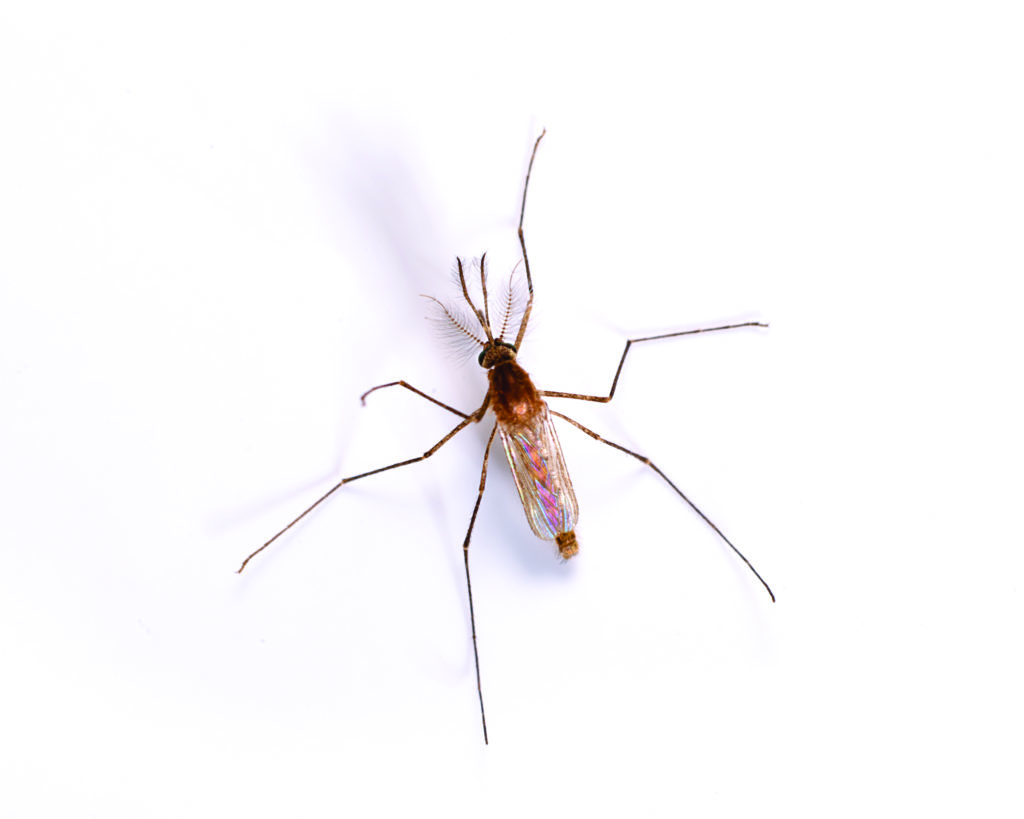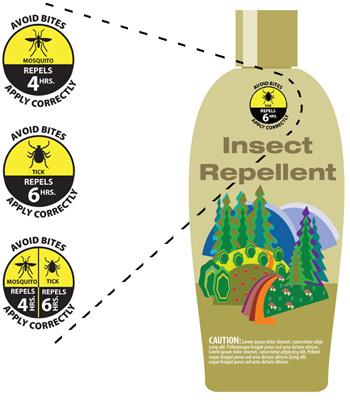Do you enjoy time outside on sunny spring days but have to cut it short due to fun-suckers like mosquitoes? In the south, mosquitoes typically make their first appearances of the year around March. Unfortunately, they tend to stick around so long as the weather stays warm…which could be a very long time!
South Carolina and other southern states have long mosquito seasons with increased risk of mosquito borne illnesses like West Nile virus. Gregory is proud to be a government partner in reducing the mosquito population and keeping families safe from the many diseases they can carry. Learn what you can do to reduce spring mosquitoes before they grow into an oppressive season-long nuisance.
Mosquito behavior and appearance.

Mosquitoes come in many different shapes and sizes. There are over 3,000 documented species worldwide, and the US is home to over 150 of them! Generally speaking, they possess slender bodies, one pair of scaled wings and long legs. There’s also that distinctive, high pitched whining sound that’s enough to make anyone wary.
Mosquito life cycle
Mosquitoes only need 1/2″ of standing water to reproduce. Females, after enjoying a blood meal, lay their eggs in still water. These eggs hatch into larvae that pupate into adults after a week or two depending on the temperature. Warmer temperatures mean faster life cycles.
How long do mosquitoes live?
Once they’ve hatched, male mosquitoes quickly tend to the business of mating and then die within a week to 10 days. They never bite humans or other animals. Females on the other hand, can live between 1-2 months. During that time, they mate only once but can lay clusters of eggs up to 100 at a time and cause plenty of itching.
Mosquito borne diseases
Although mosquitoes are known carriers of diseases, the diseases do not originate in the insect most of the time. A mosquito is actually a “vector.” A vector is an organism that spreads a disease or parasite from one animal or plant to another. Other vectors include fleas, ticks and even flies.

To further demonstrate what a vector is, we’ll discuss the West Nile virus. This virus is a zoonotic disease, meaning it originates in animals, specifically birds. The Centers for Disease Control and Prevention (CDC) says when some birds become infected, they will develop high levels of the virus in their bloodstream. Mosquitoes will bite these birds and can then pass the disease onto the next thing they bite, be it bird, human or another type of mammal. If a human or other type of mammal were to contract the virus, they would not develop high levels of the virus within their bloodstreams. Because of this, they are called “dead end” hosts. Since there is not a high level of the virus within the dead end host’s bloodstream, a mosquito would not be able to spread the virus from one mammal to the other.
The good news is, only about 20% of those infected will experience symptoms of the virus, according to the CDC. But it never hurts to be careful with mosquitoes. This diagram from the EPA shows three versions of a graphic you may see on a product label that tells you whether it repels mosquitoes, ticks, or both.
Spring mosquito control tips.
Here are some helpful tips to keep mosquitoes at bay:
- Eliminate standing water. Mosquitoes love to hang around standing water, so be sure to dump the water out of flower pots, birdbaths, kids’ toys, plastic tarps, etc.
- Be sure to clean your gutters—mosquitoes can breed in very small amounts of water, so eliminating their habitat is key for their removal.
- Mosquitoes are most active at dawn and dusk, so if it’s possible, stay inside during those times to avoid being bitten or use a repellent.
- Wear insect repellent containing DEET, IR3535, oil of lemon eucalyptus or Picaridin. Check the label of the repellent for the diagram above.
- To further protect your skin, wear long pants, long-sleeved shirts and closed-toed shoes.
- Going camping? Mosquito netting isn’t a bad idea to keep over the mouth of your tent or the top of your hammock.
- Bats are voracious mosquito eaters and they can be of some help for reducing the mosquito population! Find a discreet place in your yard to keep a bat house (they look pretty similar to birdhouses).
- Plant mosquito repellent plants like citronella, geranium, eucalyptus or lemongrass.
- Consider partnering with a professional pest control company. They can help rid your yard of unwanted mosquitoes by treating places mosquitoes like to hide.
Mosquito yard treatment
Gregory can help you abate the mosquito population in your yard. With regular treatments beginning at the start of mosquito season, you can keep your spring, summer and fall relatively mosquito-free. Enjoy your deck or patio without incessant buzzing and keep your family safe from annoying bites. Call us today for a consultation and to learn more about mosquito spray for yards.
